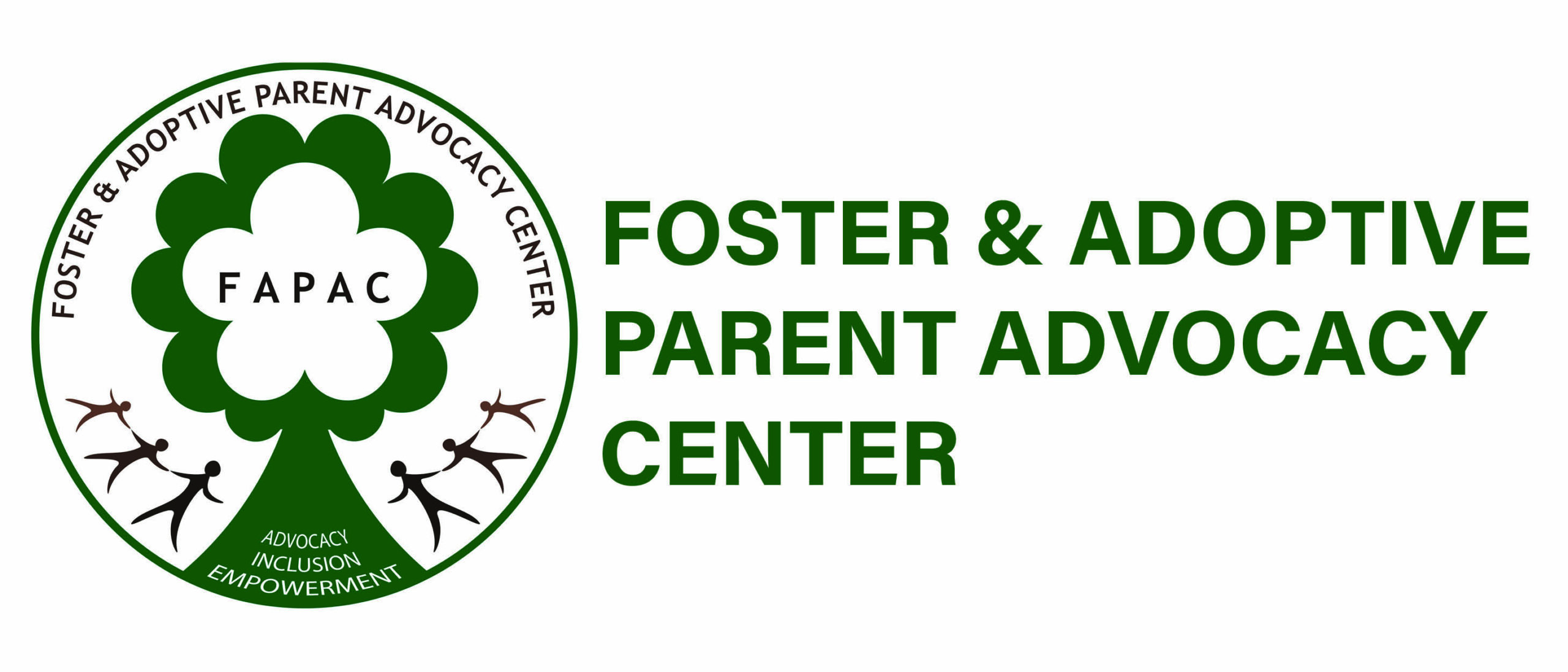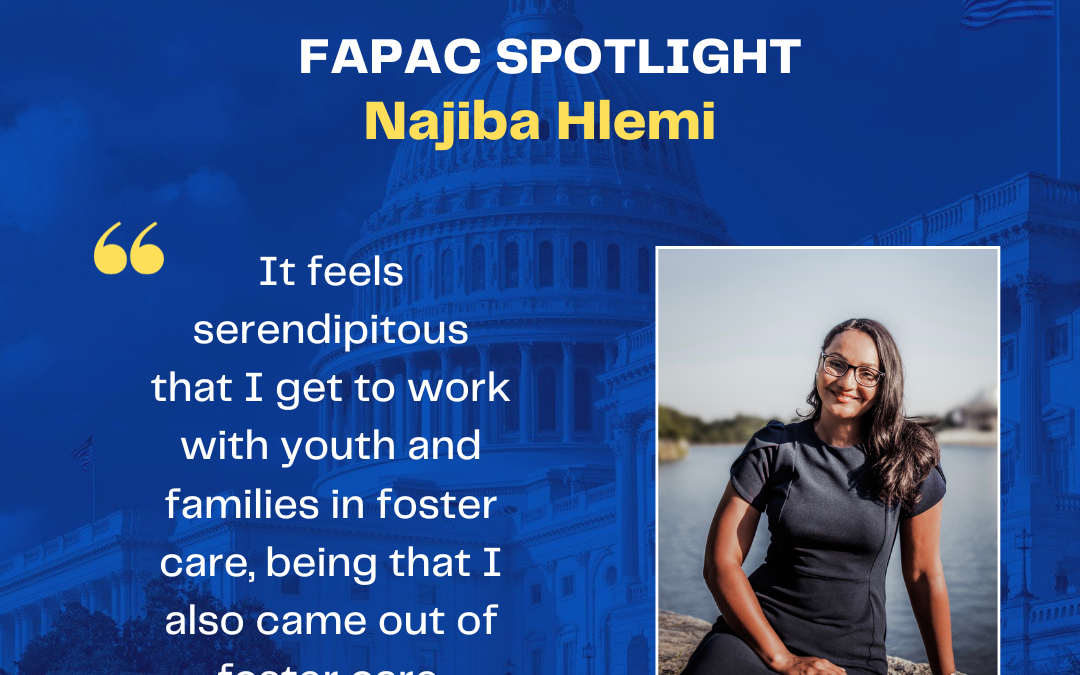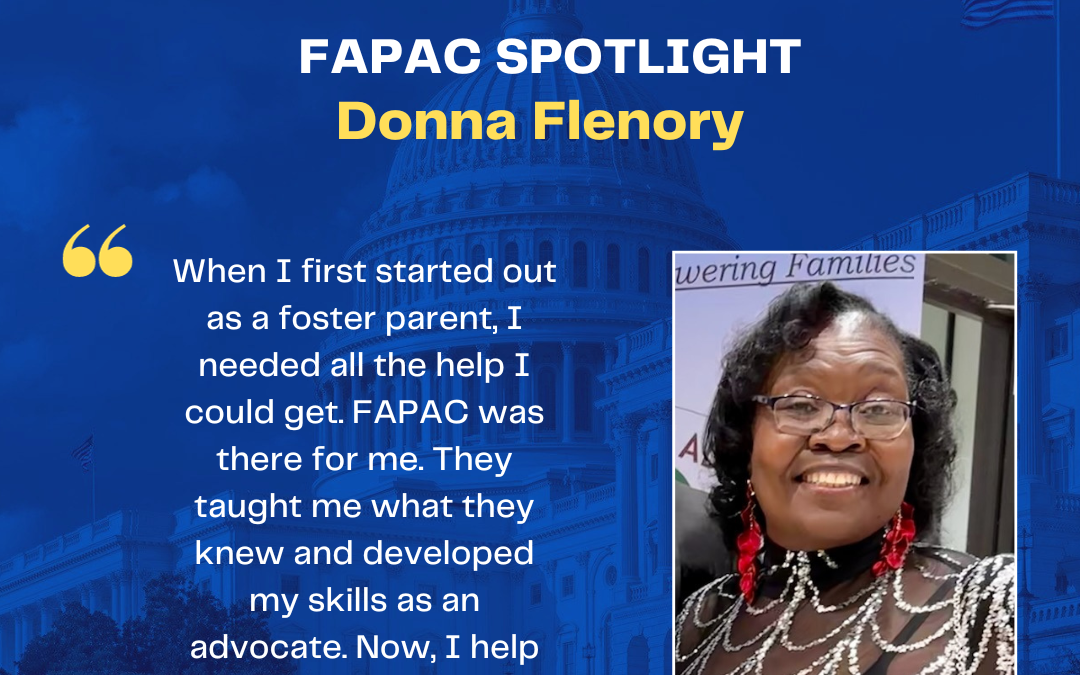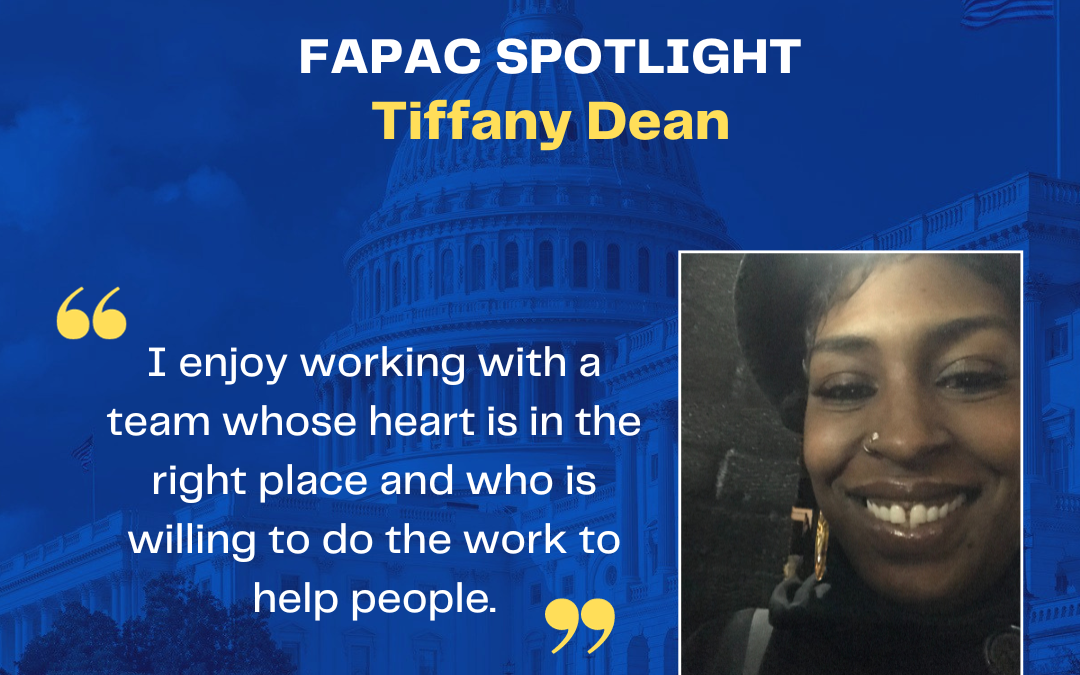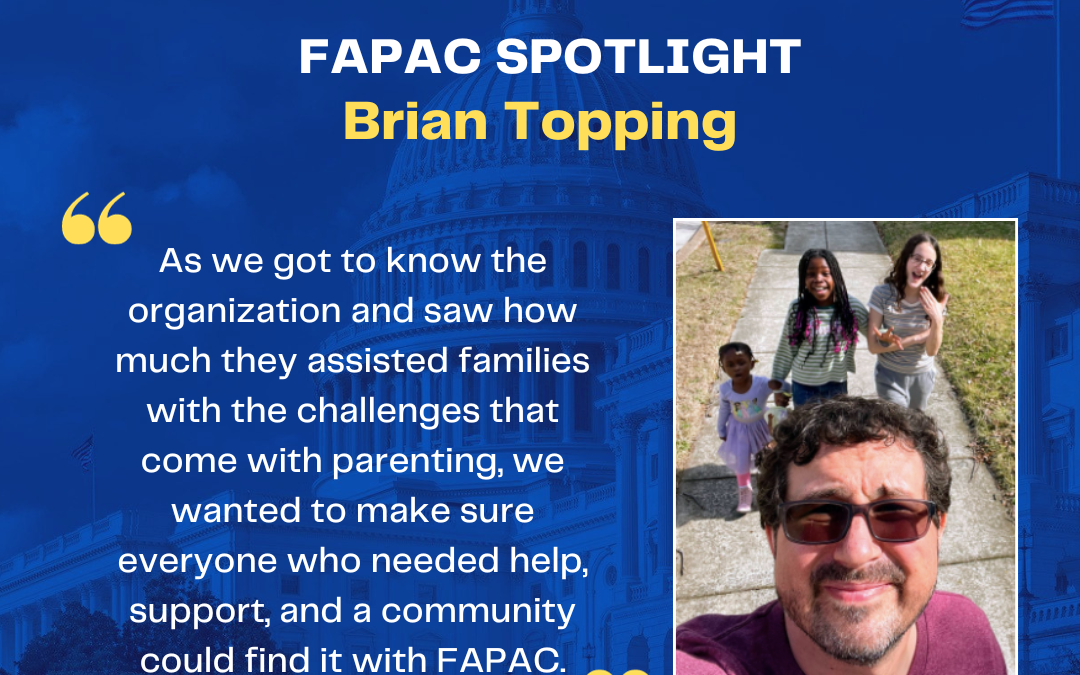
Spotlight on Brian Topping
We asked Brian Topping, our Board Secretary, a few questions to get to know him better.
What inspired you to get involved with FAPAC?
We first found FAPAC through the trainings they offer and the peer support groups they run. As we got to know the organization and saw how much they assisted families with the challenges that come with parenting, we wanted to make sure everyone who needed help, support, and a community could find it with FAPAC. When we were placed with an infant and got to know the birth family, FAPAC helped us navigate this new shared parenting relationship– one that we maintain more than five years after the child’s reunification with the birth family. FAPAC was there for us and also gave us the opportunity to contribute to the development of new resources that support shared parenting for more families and across the Child and Family Services Agency.
What do some of your responsibilities look like as a board member?
I have been the secretary for several years, so I take notes at board meetings and keep track of the timing of board elections. I also try to provide a voice of resource and adoptive parent experience.
What other work are you involved in outside of FAPAC?
I work for the US Environmental Protection Agency to authorize development while protecting and restoring streams and wetlands. We have three daughters and two dogs that also keep my wife, Kate, and I very busy.
What has been one of your favorite memories/experiences with FAPAC?
The annual holiday party is a wonderful event and opportunity for foster kids to just have fun, get presents, and celebrate with their birth and foster families together. I have many fond memories of attending with foster children and their birth families, volunteering at it, and coming together as an organization to make it happen and clean up afterwards.
